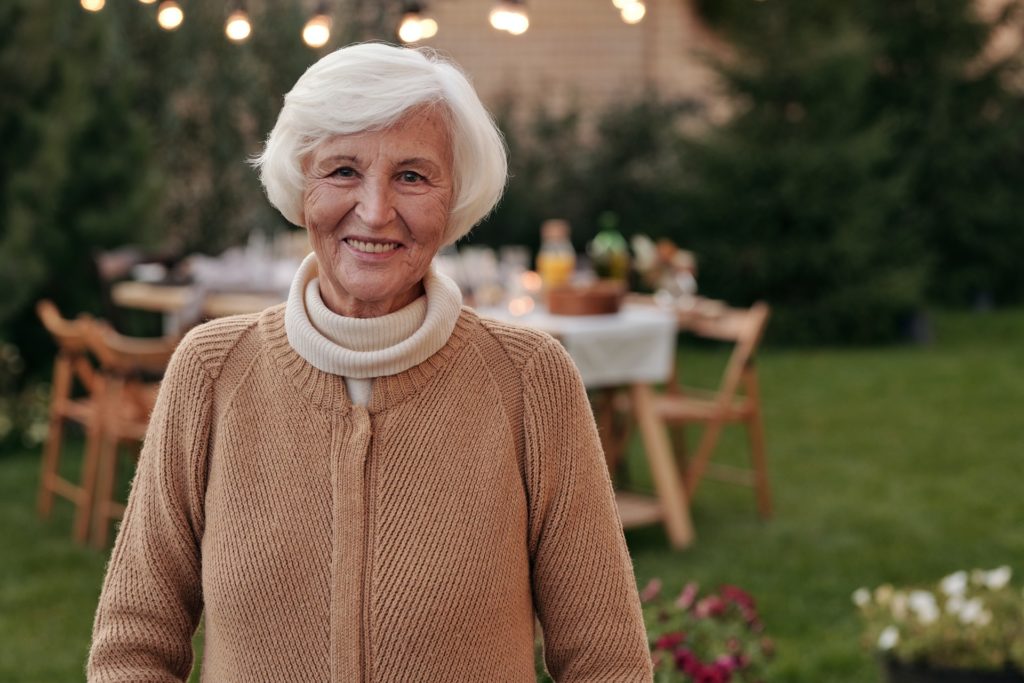As people grow older, their cognitive functions start to weaken. That can have a significant impact on their daily life and general well-being. Because of that, providers of home health care in California give special attention to handling this matter.
But how could you help your loved one who might be entering this stage? Here’s everything that you should know.

Why It Is Important To Identify Cognitive Decline Early
While cognitive decline might seem a “normal” part of the aging process, it can lead to other health risks. These include:
- Malnutrition
- Dehydration
- Falls and other accidents
- Medication issues
- Developing incontinence
These health issues arise because seniors cannot respond properly to the stimulus around them. And when left unattended, these can lead to extended stays at the hospital.
It is also worth noting that around 15% of older adults already have delirium by the time they are admitted to a hospital. Meanwhile, another 40% can end up developing it due to a prolonged stay. These statistics provide a greater impetus in doing early screenings for cognitive decline in your elderly loved ones.
Fall Prevention For The Elderly
The Early Signs Of Cognitive Decline
Weakening mental cognition can show up in different ways. However, there are common signs that can indicate it.
- Forgetting dates and appointments
- Losing your way around familiar places
- Having a hard time understanding instructions
- Difficulty in organizing tasks
- Forgetting recent conversations and events
- Feeling overwhelmed by making plans and decisions
- Becoming more impulsive
Note that these symptoms might not always indicate long-term cognitive impairment. As such, you might want to observe your elderly loved one for an extended period to see if these symptoms would increase over time. Signing them up for home health care is a great way to ensure that monitoring happens.
Diagnosing Cognitive Decline
When you refer your elderly loved ones for diagnosis, doctors will conduct a variety of neuropsychological tests. These often include:
- Neurological exams: Doctors test your reflexes, eye movements, and coordination, and balance to see possible issues.
- Lab tests: These can indicate a deficiency in nutrients such as vitamin B12, which affects memory.
- Brain imaging: An MRI scan can show signs of tumors, stroke, or internal bleeding.
- Mental status testing: These are a series of short tests that assess their response to different simple tasks.
Through these tests, doctors can determine whether the decline is to be expected as part of the aging process or indicative of more severe issues. They will then help you develop a management plan for your loved one.

Caring For Seniors With Cognitive Decline
The first thing you would want to do when caring for an elderly relative experiencing some form of cognitive decline is to adjust their environment accordingly. Make sure that all the things they use are within their reach. Organize these so that they can easily find what they are looking for.
Note that they might still find themselves confused about where this or that item is. Be patient in helping seniors get accustomed to how everything is set up. Additionally, you will have to remind them of the arrangements.
Make it easier for them to move around as well. Remove any obstacles from their usual routes. You would also want to add things like handrails and supports. These are not just to avoid falls or accidents. Your senior relatives can use these as guides to better familiarize themselves with the place.
Improving Cognition Through Routines
One good news is that, when detected and managed early, cognitive decline in seniors is treatable. There are various ways that you can help them here. The first one is developing routines for them.
Start by looking for the things they do regularly. For instance, you can map out their waking times and morning activities. Once you find the pattern, write it as their schedule for the week. This sense of regularity can help them train their memory.
You would want to add a bit of variety to these routines, though. That will avoid them getting bored of the monotony. For instance, you can switch the order of their morning activities from time to time. Do this infrequently so that they would not be confused by the changes.
Helping Seniors Simplify Tasks
Doing home chores is another activity that can help your elderly loved ones improve their cognitive functions. But they might be initially confused with complicated ones. Help them out by breaking these complex tasks into simpler ones.
For instance, if they are trying to cook, break down the work into several smaller steps. This helps them better grasp each. Guide them when moving from one step to the next so they can get used to the whole task better.
Improving Cognitive Health In The Elderly

Getting Them To Exercise Their Minds.
Another effective strategy to help your senior relatives overcome cognitive decline is by encouraging them to play different mind games. These various brain games can help them retrain various skills like planning, decision making, and problem-solving. They can also help in boosting short-term memory.
These games could be anything from simple crossword puzzles to more complex ones. You could even introduce them to modern video games. Just make sure that the ones you choose are those that they can easily get into during their spare time.
IF they are not into mind games, get them to indulge in other mental activities. Reading books can help them exercise their memories. Meanwhile, writing can improve their creativity. You could also go for something like learning musical instruments.
Getting Them Moving
Staying fit physically can also significantly improve your elderly loved one’s cognitive functions. Thus, you would want to get them moving. Various exercise programs are available specifically for older adults. If they are under home health care in California, your care providers will be the ones to arrange the program for them.
Aside from regular exercise sessions, you can get them involved in outdoor activities. Volunteering in different organizations, for instance, not only helps them exercise their minds. It also gives them a stronger sense of purpose, encouraging them to sharpen their minds.
Helping Them Deal With Stress
Going through various cognitive challenges can be a stressful experience for a senior. Thus, you need to help them relieve themselves of that stress. All the above activities already help here in some way.
Beyond these, there are other ways that you can help your elderly loved one relax and take their mind off things. Pet therapy is one great strategy that you can explore. Aside from a calming effect, they also gain a companion that they can divert their attention to.
Lastly, make sure that they get enough rest. Keep the senior’s bedroom free from any clutter that will distract them. You can also use things like aromatherapy to help them get a good night’s sleep.

Keep Your Elderly Loved One’s Mind Sharp With The Best Home Health Care
Cognitive decline should not be something that limits a senior’s life. With the best home health care in California, we can help them not just cope with the effects but also keep their minds sharp.
